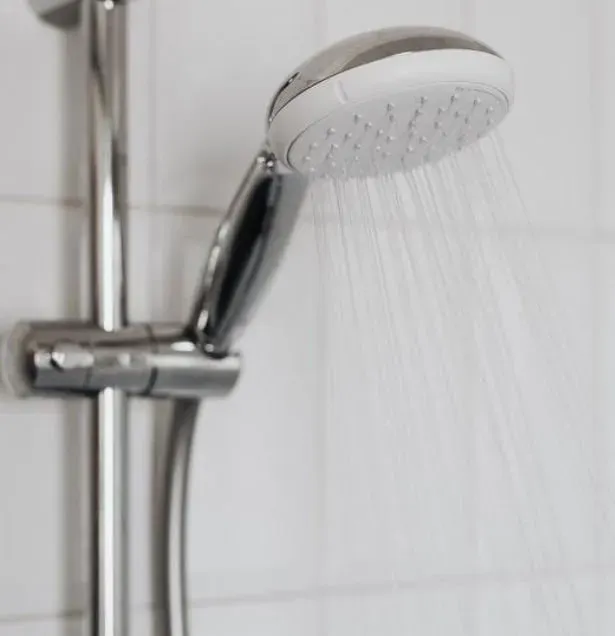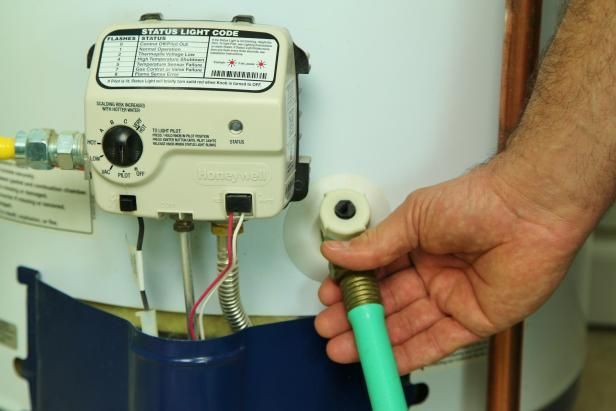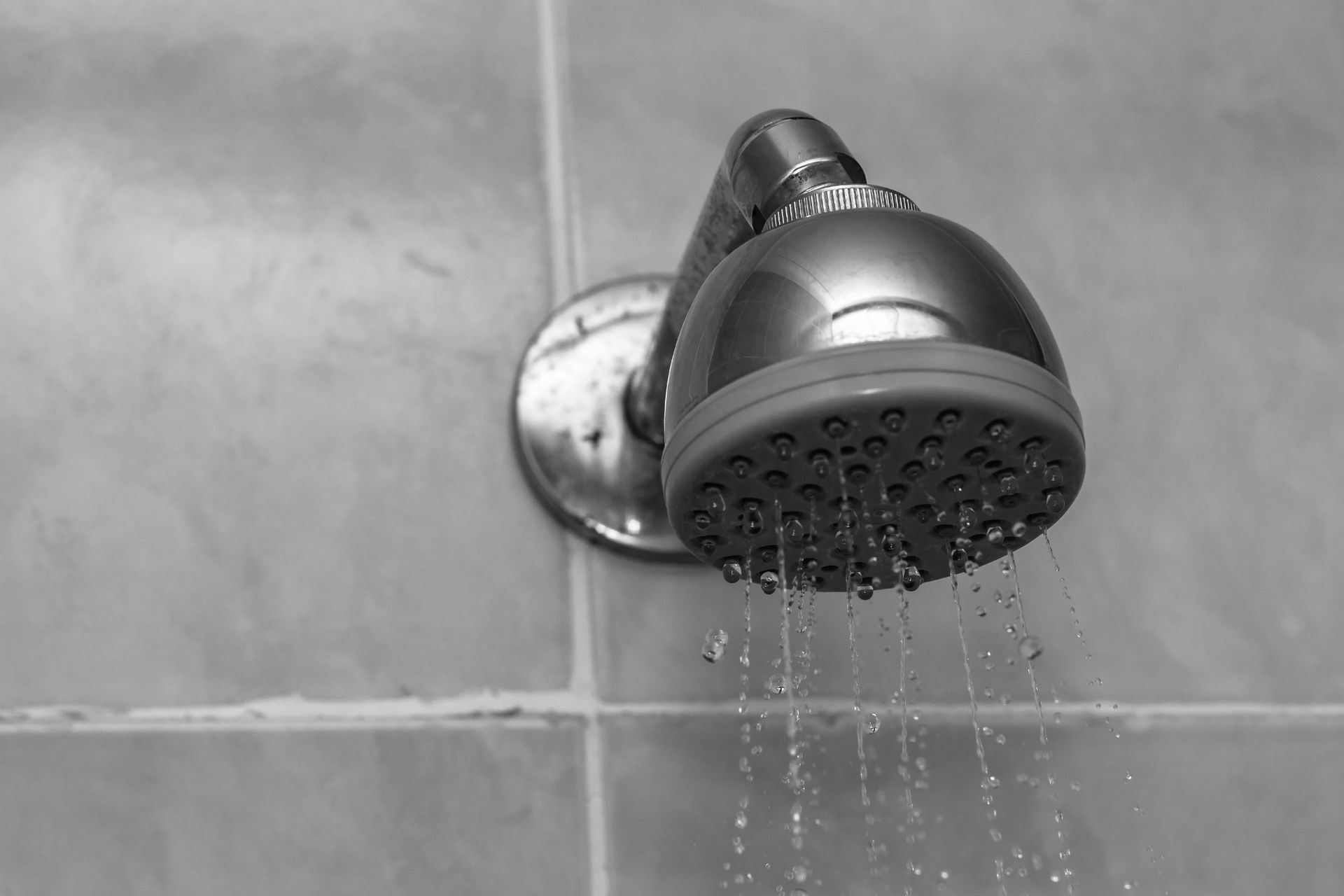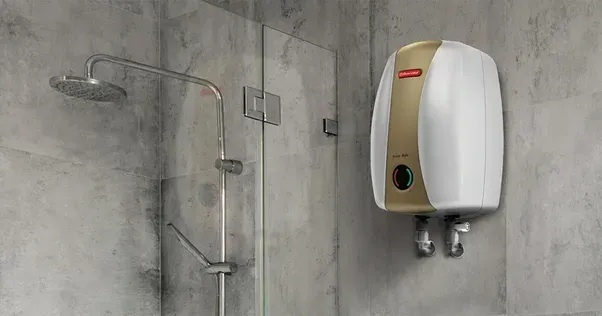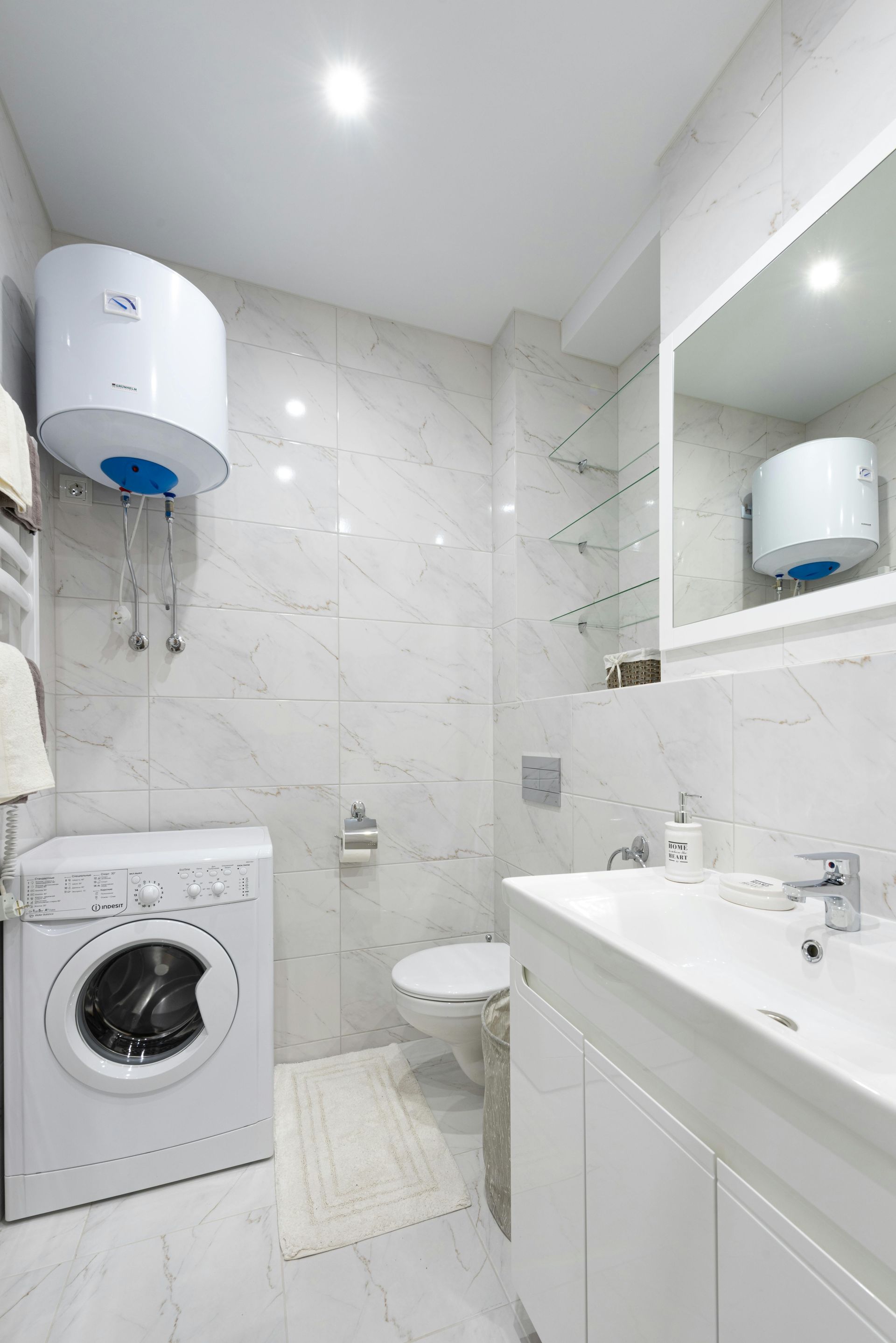The Environmental Impact of Garbage Disposal Use
Garbage disposals are a modern kitchen convenience, allowing homeowners to efficiently get rid of food scraps without the hassle of traditional trash disposal. However, while these devices provide ease and functionality, their usage has broader implications for the environment. From water consumption to strain on sewage systems, it's essential to understand the environmental footprint of garbage disposal use and consider more sustainable alternatives.
"How to Safely Unclog a Garbage Disposal"
Increased Water Consumption
Using a garbage disposal requires a significant amount of water to flush food particles through the system effectively. This increase in water usage contributes to resource wastage, especially in regions already facing water scarcity. Each time you run the disposal, gallons of water are consumed to break down and transport food waste through the pipes. Over time, this can add up to substantial environmental costs.
Strain on Sewage Systems
Garbage disposals send food waste into municipal sewage systems, which are not always equipped to handle organic materials effectively. These waste particles can clog pipes, overburden treatment facilities, and increase the risk of untreated wastewater being discharged into natural water bodies. This strain on infrastructure not only leads to higher operational costs for municipalities but also contributes to pollution and environmental degradation.
Greenhouse Gas Emissions
When food waste is processed through garbage disposals and transported to sewage treatment plants, it releases greenhouse gases such as methane and carbon dioxide. These gases are byproducts of organic matter decomposition and significantly contribute to climate change. Although treatment plants aim to minimize emissions, the cumulative impact of widespread garbage disposal use is hard to ignore.
Loss of Compostable Materials
One of the most environmentally significant drawbacks of garbage disposals is the loss of compostable food scraps. Many food items, such as vegetable peels, fruit cores, and coffee grounds, are excellent compost materials. By sending these scraps through the disposal, we lose valuable organic matter that could otherwise enrich the soil, reduce landfill waste, and support sustainable gardening practices.
Waste of Energy
The operation of garbage disposals requires electricity, contributing to energy consumption. While the energy usage of a single unit may seem minimal, the cumulative effect of millions of disposals running daily is considerable. This energy reliance increases the demand for power production, which often involves burning fossil fuels, further exacerbating environmental harm.
Contamination of Water Sources
Improperly treated food waste can end up in rivers, lakes, and oceans, leading to water pollution. Nutrients from organic waste can cause algal blooms, deplete oxygen levels in water bodies, and harm aquatic ecosystems. This chain reaction disrupts biodiversity and affects the quality of water sources essential for drinking and recreation.
Alternatives to Garbage Disposals
To reduce the environmental impact of garbage disposals, consider adopting more sustainable practices:
- Composting: Create a compost bin to recycle food scraps into nutrient-rich fertilizer for plants.
- Reducing Food Waste: Plan meals carefully and use leftovers creatively to minimize waste.
- Using Food Scraps Creatively: Certain scraps can be repurposed in cooking, such as vegetable stocks or homemade citrus cleaners.
How All City Plumbers Can Help
If you’re concerned about the environmental impact of your garbage disposal or facing issues with its operation, All City Plumbers is here to help. We can provide expert advice on reducing waste, maintaining your disposal, and exploring eco-friendly alternatives. Our team is committed to helping you make sustainable choices while keeping your kitchen functional.
Conclusion
While garbage disposals are a convenient tool for managing food waste, they come with significant environmental consequences. From water consumption to greenhouse gas emissions, the impact of their use extends far beyond the kitchen sink. By adopting alternative waste management methods like composting and reducing food waste, we can collectively minimize this footprint. For expert guidance and sustainable plumbing solutions, reach out to All City Plumbers today.


